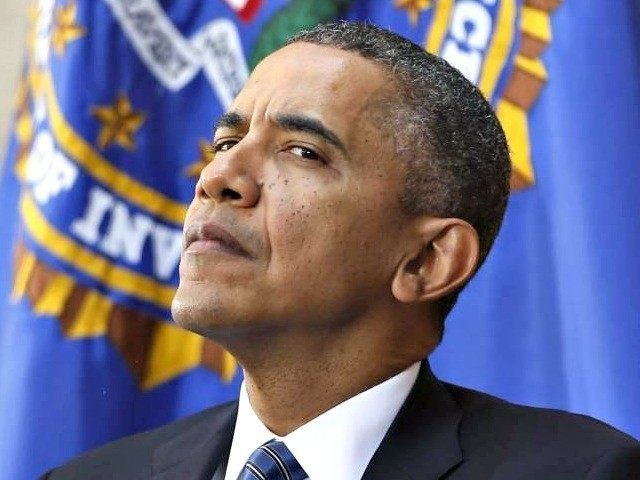TEL AVIV – Furious over the Iran deal, Persian Gulf journalists and intellectuals have authored a plethora of articles accusing the U.S. of being deluded, saying that an estimated $100 billion or more of unfrozen Iranian assets will now be invested in terror organizations in the region, MEMRI reported.
Dr. Abd Al-Hamid Al-Ansari, a Qatari writer and intellectual, and former dean of the Shari’a and Islamic Studies faculty at the University of Qatar, wrote in the Kuwaiti daily Al-Jarida that the lifting of sanctions on Iran will not make it a more decent and honest state, but a more violent one:
“All those who are betting that this [Iranian] regime will become more decent and will return to the fold of the international community as a normal state … are deluding themselves.”
Charging that the West is “ignoring the nature of the regime,” Al-Hamid Al-Ansari writes that Iran’s “appetite for ballistic weapons only increased after the sanctions were lifted.”
Mashari Al-Zaydi, a columnist for the Saudi London-based daily Al-Sharq Al-Awsat contends that the agreement with Iran is inherently flawed because it is limited to the nuclear issue and entirely disregards the main problem with the country, which is its “destructive political conduct in the region.”
Al-Zaydi writes, “In truth, there is no need for panic, because Obama and all those beside him have built this agreement on castles in the sand, and the wave of reality that will come will wash them away.”
Sa’ied Al-Hamad, a Bahraini media personality, writer, and political commentator, warned in the Bahraini daily Al-Ayyam that the Iranian regime will not funnel any of the unfrozen billions into helping impoverished Iranians and will continue funding terror instead.
“The Iranian regime does not hide the massive funding that it has allocated in the past to militias, groups, and organizations that it planted in neighboring countries, which have carried out sabotage and terror operations in order to bring down those regimes and to pave the way for the turban-wearers,” writes Al-Hamad, noting that Iranian citizens will “emerge empty-handed.”
Al Hamad’s views were echoed by Kuwaiti writer Abdallah Al-Hadlaq, who, in an article in the Kuwaiti daily Al-Watan, accused the Iranian regime, particularly the Islamic Revolutionary Guard Corps (IRGC), of plundering Iran’s economic resources while the Iranian people “is bowed under the yoke of oppression and poverty.”
“In terms of economic resources, Iran is considered wealthy, even very wealthy. … But this wealth is not reflected in the lives of its residents,” writes Al-Hadlaq. “As for the poor – they will become even more impoverished and miserable in the face of an accursed revolution that consumed its own sons and then their resources. The unfrozen billions will help strengthen the fascist Iranian Persian regime’s ability to support, fund, and sponsor global terrorism, and the satanic and evil plans of the land of the Persians – Iran.”
Writing in the Kuwaiti Al-Rai daily, Mubarak Muhammad Al-Hajri accuses the U.S. of being “nothing but a cheating, lying ally undeserving of a minimum of trust,” bent on “bringing Iran back into the global arena, as it disregards international peace and security.”
According to Al-Hajiri, the U.S. hopes to spark more sectarian wars and conflicts in the Middle East in order to justify its own presence there.
One Kuwaiti writer, Hassan Al-Issa, was of an entirely different opinion, however. Expressing his hope that lifting the sanctions would usher in a “peaceful atmosphere in our burning region” by strengthening Iranian moderates, Al-Issa called on the Gulf states to immediately launch an open dialogue with them in order to deescalate tensions:
“Let us look inward to our Gulf, and open the window of dialogue and reconciliation – because political-economic reconciliation [with Iran] is not a luxury but rather an urgent necessity that cannot be postponed or delayed.”

COMMENTS
Please let us know if you're having issues with commenting.